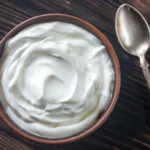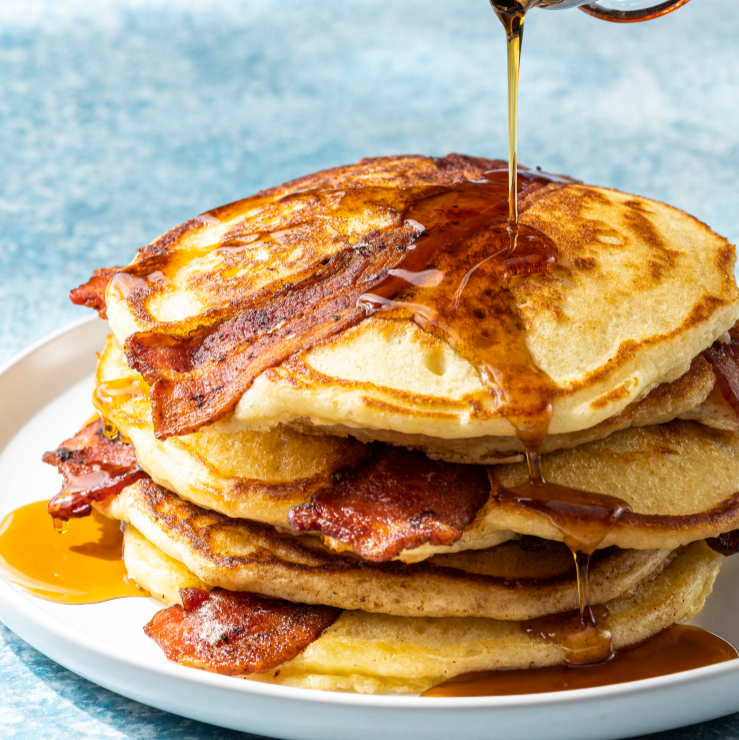Why choose alternatives to honey?
Honey has been a staple sweetener for centuries, enjoyed for its unique flavor and natural health benefits. However, there are several reasons why individuals may choose to explore alternatives to honey in their diets. Firstly, some people may be allergic to honey or have sensitivities to its components, such as pollen or bee venom. These individuals often need to avoid honey altogether to prevent allergic reactions or other adverse health effects. Additionally, as the world’s bee population faces threats like habitat loss and pesticide use, some individuals may opt for honey alternatives to support the preservation of bees and their ecosystems. Furthermore, certain dietary preferences or restrictions, such as a vegan or plant-based lifestyle, may discourage the use of honey due to its origins as an animal byproduct. By embracing alternatives to honey, such as maple syrup, agave nectar, or coconut sugar, individuals can still enjoy the sweetness they crave while addressing their specific dietary needs and concerns.
Maple syrup: A delicious and nutritious substitute
Maple syrup is a delicious and nutritious substitute to honey that offers a unique and indulgent flavor. Made from the sap of maple trees, it is a natural sweetener that contains several beneficial compounds. This amber-colored syrup is rich in antioxidants, which can help protect the body against oxidative stress and inflammation. Maple syrup also provides essential minerals such as manganese, zinc, and calcium, which are important for maintaining bone health and supporting the immune system. With its low glycemic index, it is a favorable choice for those monitoring their blood sugar levels. Whether drizzled on pancakes or used in baking, maple syrup is a delightful alternative to honey that enhances both taste and nutrition.
Agave nectar: A versatile sweetener with a low glycemic index
Agave nectar is a versatile sweetener with a low glycemic index, making it an excellent alternative to honey for those seeking a healthier option. Derived from the agave plant, which is native to Mexico, agave nectar has been used for centuries as a natural sweetener.
One of the main advantages of agave nectar is its low glycemic index. This means that it has a minimal impact on blood sugar levels compared to other sweeteners. As a result, agave nectar is often preferred by individuals with diabetes or those watching their sugar intake.
Agave nectar also has a unique flavor profile that sets it apart from honey. It has a mild and sweet taste with hints of caramel, making it a delicious addition to various foods and beverages. It can be used as a substitute for honey in baking recipes, as a topping for pancakes or yogurt, or mixed into cocktails and smoothies.
In addition to its versatility and low glycemic index, agave nectar is also vegan-friendly, making it suitable for individuals following a plant-based diet.
Coconut sugar: A natural and sustainable alternative
When it comes to finding delicious and nutritious alternatives to honey, coconut sugar stands out as a fantastic option. Made from the sap of coconut palm blossoms, this natural sweetener offers a unique flavor profile that is both rich and caramel-like, making it an excellent choice for a range of culinary creations.
One of the key selling points of coconut sugar is its sustainability. The production of this sweetener is eco-friendly as it comes from coconut palm trees, which are known for their low environmental impact. These trees require minimal water and fertilizer, making them an excellent choice for sustainable agriculture. In addition, coconut palm trees are highly productive, with a single tree producing an average of 50-75% more sugar per acre than sugarcane.
Coconut sugar also boasts a low glycemic index (GI), making it a healthier alternative to traditional cane sugar. The GI measures how quickly a food raises blood sugar levels, and coconut sugar ranks significantly lower than cane sugar. This means that it causes a slower release of glucose into the bloodstream, providing a steady and sustained energy source instead of a sudden spike.
In terms of nutrients, coconut sugar contains various essential minerals including potassium, magnesium, iron, and zinc. It also provides small amounts of vitamins like vitamin C and B vitamins. While these nutrients may not be present in large quantities, the fact that they are present at all is an advantage over refined sugars, which tend to be stripped of any beneficial compounds during processing.
Using coconut sugar as a honey alternative is incredibly versatile. Its sweet and caramel-like flavor makes it an excellent choice for baking, adding depth and complexity to dishes like cookies, cakes, and muffins. It can also be easily substituted for honey in sauces and dressings, providing a unique flavor twist. Additionally, coconut sugar can be used as a sweetener in hot or cold beverages such as coffee, tea, and smoothies.
In conclusion, when looking for a natural and sustainable alternative to honey, coconut sugar emerges as an excellent option. Its unique flavor, low glycemic index, and nutrient content make it a healthier choice compared to traditional cane sugar. Its versatility in cooking and baking further expands its appeal, allowing for a range of delicious creations. Incorporating coconut sugar into your diet not only satisfies your sweet tooth but also aligns with sustainable practices, making it a win-win choice for both your taste buds and the environment.
Molasses: A rich and flavorful option
Molasses is a sweet and thick syrup that offers a rich and flavorful option as an alternative to honey. It is derived from the process of refining raw sugar cane or sugar beet juice into sugar. The dark color and strong taste of molasses make it a distinctive ingredient in many recipes. Not only does it add a deep, caramel-like flavor to baked goods and savory dishes, but it also provides a range of potential health benefits.
One of the key advantages of molasses is its nutritional value. It contains essential minerals such as iron, calcium, and potassium, making it a great choice for individuals looking to boost their nutrient intake. Additionally, molasses has a low glycemic index, meaning it releases sugar into the bloodstream slowly, preventing sudden spikes in blood sugar levels.
Whether you use it as a sweetener in your morning coffee or as a secret ingredient in your favorite barbecue sauce, molasses is a versatile and delicious option that can enhance the flavors of your dishes while providing some essential nutrients for your well-being.
Date syrup: A sweet alternative with added health benefits
When it comes to finding a sweet alternative to honey, look no further than date syrup. Made from the naturally sweet fruit of the date palm tree, date syrup not only satisfies your sweet tooth but also provides numerous health benefits.
Date syrup is a rich source of essential nutrients, including fiber, potassium, and iron. It contains more fiber than honey, making it a great choice for those looking to improve digestion and maintain a healthy weight. The high potassium content in date syrup promotes heart health and helps regulate blood pressure levels. Additionally, the iron in date syrup can provide a natural energy boost and aid in preventing anemia.
Another advantage of date syrup is its low glycemic index. Unlike honey, which can cause a rapid spike in blood sugar levels, date syrup has a slower and more sustainable impact on glucose levels due to its natural composition. This makes date syrup an excellent sweetener option for individuals with diabetes or those who are watching their sugar intake.
In addition to its nutritional benefits, date syrup also adds a unique flavor profile to dishes and beverages. With its rich, caramel-like taste, it can be used as a topping for pancakes, waffles, or yogurt, or added to smoothies, desserts, and baked goods. Date syrup can even be used as a substitute for honey in recipes, providing a slightly different but equally delicious flavor.
In conclusion, date syrup is a sweet alternative to honey that not only satisfies cravings but also offers a range of health benefits. Whether you are looking to boost your nutrient intake, regulate blood sugar levels, or simply add a new twist to your favorite recipes, date syrup is a versatile and nutritious option to consider.










Leave a Reply